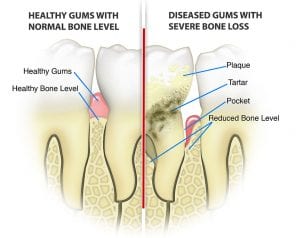Oral health has a significant impact on a person’s overall health. It’s important to take specific precautions and to set your children up with good oral health habits early in life, in order to ensure the most positive health outcomes, and so that they can carry these positive habits on throughout later life.
Taking care of teeth begins with the child’s primary teeth (often referred to as ‘baby’ teeth), which typically appear at around 6 months. Baby teeth have a thinner outer enamel, putting them at a higher risk of decaying. The Canadian Pediatric Society (CPS) outlines various measures that parents should take in order to ensure the most optimal oral health outcomes for their children. We highlight some of the most important points here below:
Birth – 12 months
- Wipe the infant’s gums with a damp, soft, clean cloth at least once a day.
- Once the baby’s first teeth appear, clean them with a soft bristle toothbrush designed for babies, at least once a day.
- After 6 months, avoid giving your child juice as much as possible, as the sugar content can have a major impact in precipitating decay.
From 1 to 2 years
- Take your child for a first dental visit at 12 months.
- Brush your child’s teeth daily. Make sure, however, that you use non-fluoridated toothpaste.
- Regularly monitor signs of early tooth decay. If decay is present, take your child for a visit to the dentist.
From 3 to 4 years old
- Begin to nurture positive oral hygiene habits, such as the “2 for 2” rule (brushing twice a day for 2 minutes each).
- Begin to introduce your child to using fluoride toothpaste, but make sure they are spitting instead of swallowing.
- Make a habit of going for regular dentist check-ups (every 6 months)
These are just some of the most important general guidelines in order to maintain good oral health for your child, and to begin nurturing good habits. To gain a more comprehensive understanding of what kind of behaviours you should nurture and avoid, speak with a dental professional with a background in pediatric dentistry.

